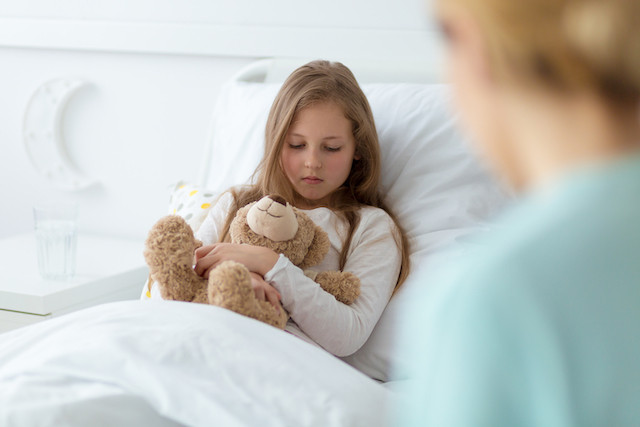In the past, the offshoot of not-for-profit “Femmes en Détresses” (women in distress) was regularly over-subscribed, with over 150 unmet requests in the first three months of 2020.
“I think that a lot of parents don’t know that we’re still working. When we’ve a request people are often surprised we’re working. They think we are closed because of the health situation,” SKKD manager Vicky Wagner told Delano.
The service was forced to cease activity during the first lockdown from 15 March 2020. During that time its team of around a dozen care givers either took family leave to look after their own children or were moved to another department within the not-for-profit. Services resumed on 25 May and have continued non-stop since.
“After lockdown we had almost no demand. That was the first change,” Wagner said. “Looking after sick children whose parents were working was a new challenge for us. It’s very difficult to build a rapport when they know their parent is at home.”
Parent concerns
Wagener also credits the lull to a reticence among parents about welcoming someone from outside their household to their home, given fears about covid-19. She says this is “understandable” but is adamant that carers follow stringent hygiene rules, for instance disinfecting toys and other items they take to private homes. They also wear uniforms, which are washed at 60°C.
“We’ve always worked with illnesses; kids with stomach bugs and measles, so this is not new for us,” Wagner said.
In any case, SKKD carers do not look after children who have been diagnosed with or are suspected of having covid-19. In this instance parents are advised to take family leave to care for a sick child.
Before the crisis the service saw a constant growth in demand, responding to 1280 requests for childcare in 2019. Each year there has been a marked increase in requests from English-speaking families. After the pandemic, the manager said she hoped to implement English language training to support staff further, as well as hire two more carers.
